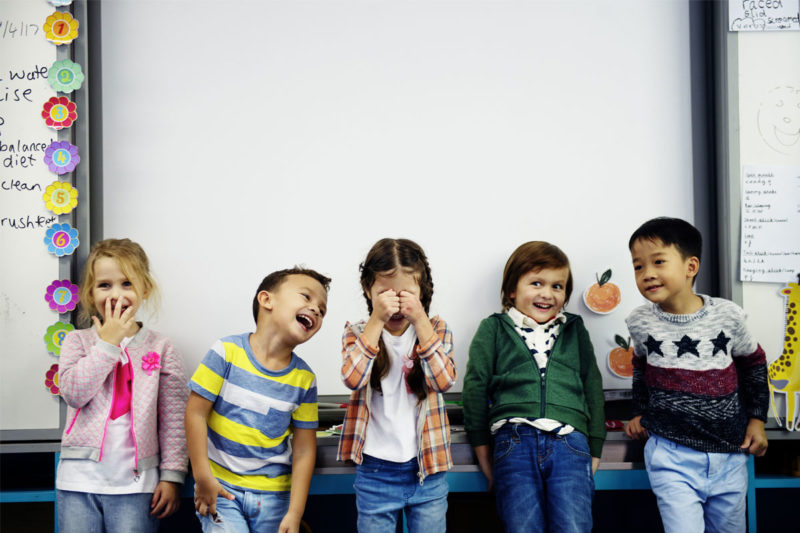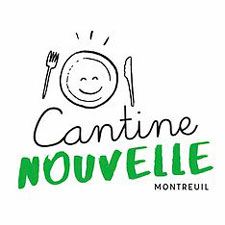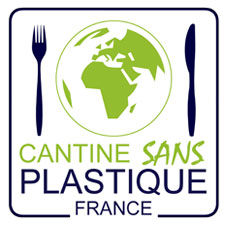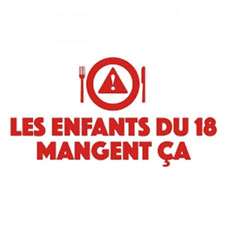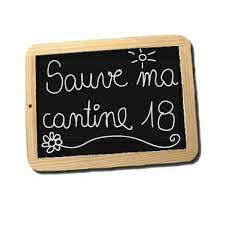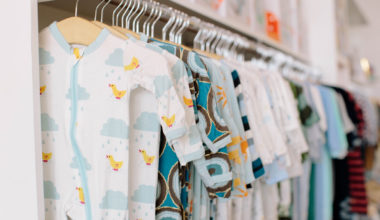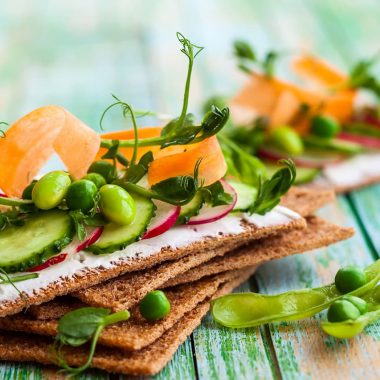It’s back-to-school season! And it brings with it lots of energy for new projects and resolutions.
At school, teachers are increasingly keen to foster children’s awareness of ecology, but not all of them are really doing it in a hands-on way yet. Here are a few ideas to suggest to them.
A eco-friendly school supplies list
Lists of supplies often go on forever, and it’s tempting to head straight for the hypermarket to pick it all up. But how about trying to find other suppliers this year? Pencils can come from sustainably-managed forests, you can opt for ballpoint pens that are refillable or made of wood (instead of standard non-refillable ones made of plastic). You can buy these “loose” singly (and not in plastic packaging) in stationery shops. You can also buy solvent-free glue made from starch, a solar calculator rather than one that runs on batteries, and notebooks bearing the EU Ecolabel or the French ‘NF Environnement’ label. Whenever possible, you can cover books and notebooks with Kraft paper sleeves (rather than plastic film), or favour dayglo coloured pencils instead of felt-tip pens, which get dried up at lightning speed… It’s possible to find rulers, protractors and compasses made of wood or metal. Favour them over plastic ones, as they also last a very long time! Lastly, try to set up a schoolbook swap scheme in the secondary or high school, or buy and sell them second hand. You can do the same with school bags!
Fight for an eco-friendly canteen!
All over France, parent groups and associations are taking action to improve the quality of school meals. But over the past few years, parents have also been addressing the ecological aspect of school canteens. Some examples are the Cantine Sans Plastique collective, “Cantine nouvelle” in Montreuil, “Pas d’usine, on Cuisine” in Les Lilas, “Les enfants du 18 mangent ça” and “Sauve ma cantine” in Paris. There’s also Cantines responsables, a site dedicated to all public-service catering settings.
Some tackle wastefulness, while others focus on reducing plastic use, or meat intake with vegetarian meals. These initiatives are sometimes led or supported by the local council, but not always. Either way, you’ve got to roll up your sleeves and get involved!
A few initiatives making for an organic, zero-wastefulness canteen
To combat wastefulness, simple measures have been introduced: fostering children’s awareness of portion control; weigh-ins before and after mealtimes to assess how much food gets thrown away; portions sized as requested and the option of having seconds to put children in charge of their own portion control; and pieces of fruit cut into quarters so that they don’t get left half eaten.
Set menus must also come under scrutiny, during canteen committee meetings for example, which parents can attend to promote organic food choices, cut down on meat in favour of vegetables and introduce vegetarian set menus (it’s worth repeating that meat from livestock farms is to blame for a great deal of pollution of various kinds, and for greenhouse gas emissions which are to blame for global warming).

For foodservice, trays with inbuilt food compartments can be introduced instead of plates to reduce dishwashing water usage. In addition, suppliers can be selected in such a way as to move towards zero waste via locally-sourced produce. Projects can be launched on the Cantine verte platform from Greenvoice (a citizenry input platform dedicated to ecology), via “Un plus bio” (an association that brings together and supports hundreds of initiatives), or via colibris-lemouvement.org, in the “passer à l’action” or “Créer son projet” section.
Introduction to biodiversity in the classroom
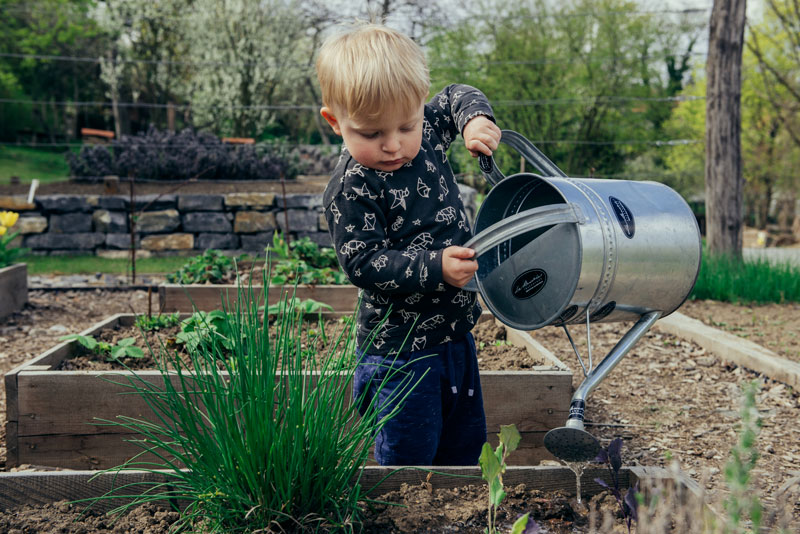
Beyond theory lessons, especially in classes for young children, and later in biology lessons at primary and secondary school level, the fundamental role of biodiversity can easily be explained to pupils. During back-to-school season at infant school a snail or stick insect farm can be set up, and monitored over the school year. Parents can also suggest school trips to farms and act as trip chaperones. Or to help teachers, they can plant a herb garden to demonstrate the diversity of plants, seeds and pollen and the role of pollinating insects. For older children, it’s about stressing the notion of the agri-food supply chain and talking about ecosystems, appreciating the value of nature, the concept of mutual aid and the notion of interdependency, etc.. Lastly, older children can put together their own presentations illustrated with examples on the subject of biodiversity in different environments (the sea, mountains, forests, etc.).
Workshops with parents on eco-friendly consumer behaviour
While teachers can make ecology the theme of the back-to-school season and then explore it throughout the year, parents can also be invited to lead hands-on workshops, on the issue of plastic, for example. You can show various items made from various materials, talk about the difficulties and limitations of recycling, present alternative consumer behaviour by showing zero waste items like solid shampoo, glass yoghurt pots, water bottles… And stress that when it comes to consumer behaviour, these days we always have the option of seeking out a more responsible product… Giving the example of school supplies! At the beginning of the new school year, each pupil can commit to a habit to embrace or effort to make throughout the year.
Collaborative circular economy events
Lastly, parents of pupils and parents voted in as representatives can support schools and families by organising circular economy events from the back-to-school season onwards. These can raise funding for other eco-friendly school projects. For example: organising a cast-off clothing sale, a clothes or toy swap, a book swap, a repairs or sewing workshop or an organic cake sale. You can also consider producing, with the pupils, a booklet aimed at families with ideas for going green together. It can explain how to get started on homecrafts, organise a litter pick-up operation or switch to a more plant-based diet at home.
The back-to-school season is a good time to get into worthwhile new habits, following on from any initiatives that you may have started as a family during the summer holidays, in touch with nature. Schools will often ask for such, as teaching staff are pressed for time. They are also always very proud to stand up for their eco-friendly commitment, once it has been made, and to run a repeat of the “eco-friendly back-to-school season” project the following year!


